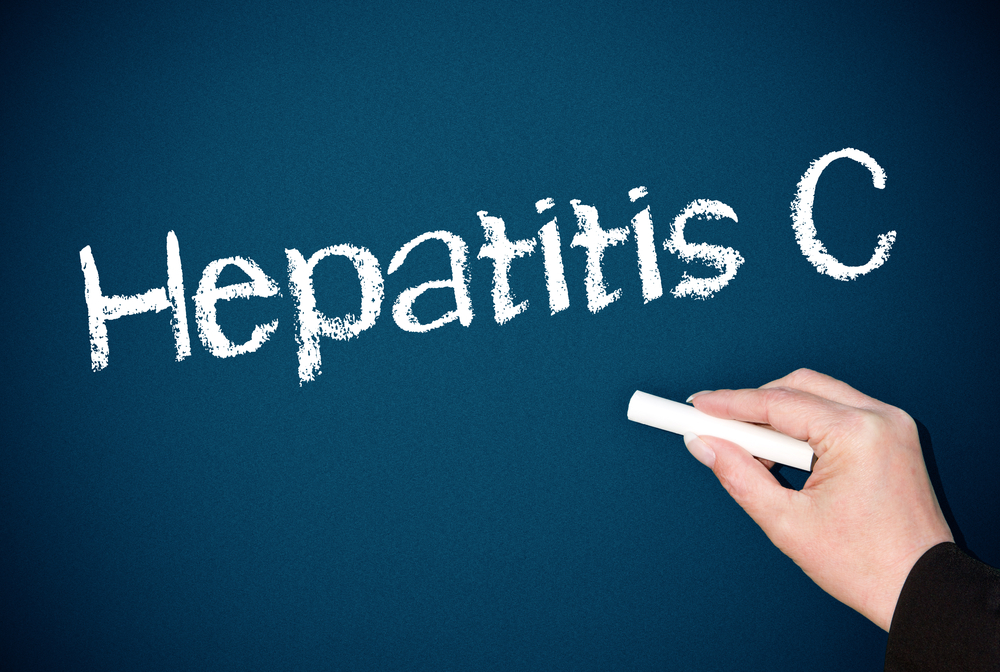 Various organizations have suggested a boost in screenings for hepatitis C infection. However, experts reported caution, as published in the The BMJ in an article titled “Is widespread screening for hepatitis C justified?“ that this demand is not supported by any previously conducted studies, thus posing a potential threat more than it offers benefits to public health.
Various organizations have suggested a boost in screenings for hepatitis C infection. However, experts reported caution, as published in the The BMJ in an article titled “Is widespread screening for hepatitis C justified?“ that this demand is not supported by any previously conducted studies, thus posing a potential threat more than it offers benefits to public health.
Ronald Koretz who is a professor at the UCLA School of Medicine and his colleagues said concerned organizations “should resist screening until we have strong evidence that antiviral therapy is clinically effective and the benefits outweigh the harms.”
Hepatitis C is a disease caused by an infection of the hepatitis C virus that damages the liver through scarring and cirrhosis. In some situations, the cirrhosis can progress to life-threatening liver failure, cancer and cause esophageal and gastric varices that can severely reduce quality of life.
The United States Centers for Disease Control and Prevention (CDC), in 2012, because of the advent of novel approaches and treatments for hepatitis C, recommended that everyone born between 1945 and 1965 be screened because estimates say that 75 percent of those infected belong to that age group. The World Health Organization and the United States Preventative Services Task Force also endorse widespread screening as a way to save hundreds of thousands of lives; the goal is to prevent worldwide end-stage liver disease.
However, Koretz and his fellows argue that the majority of the hepatitis C patients “will not develop end stage liver disease and will therefore be unnecessarily treated.”
The researchers questioned the usage of substitute markers in drug trials to assess and predict the long term effects of treatments, and they emphasized that the capacity of the therapy to decrease end stage liver disease’s incidence has not been proven.
“Given the uncertainty about the validity of the surrogate markers, the lack of evidence regarding clinical outcomes of treatment or of screening strategies, and the adverse events caused by the newer regimens, screening may be premature,” they noted. “Physicians should resist screening until we have strong evidence that antiviral therapy is clinically effective and the benefits outweigh the harms.”

